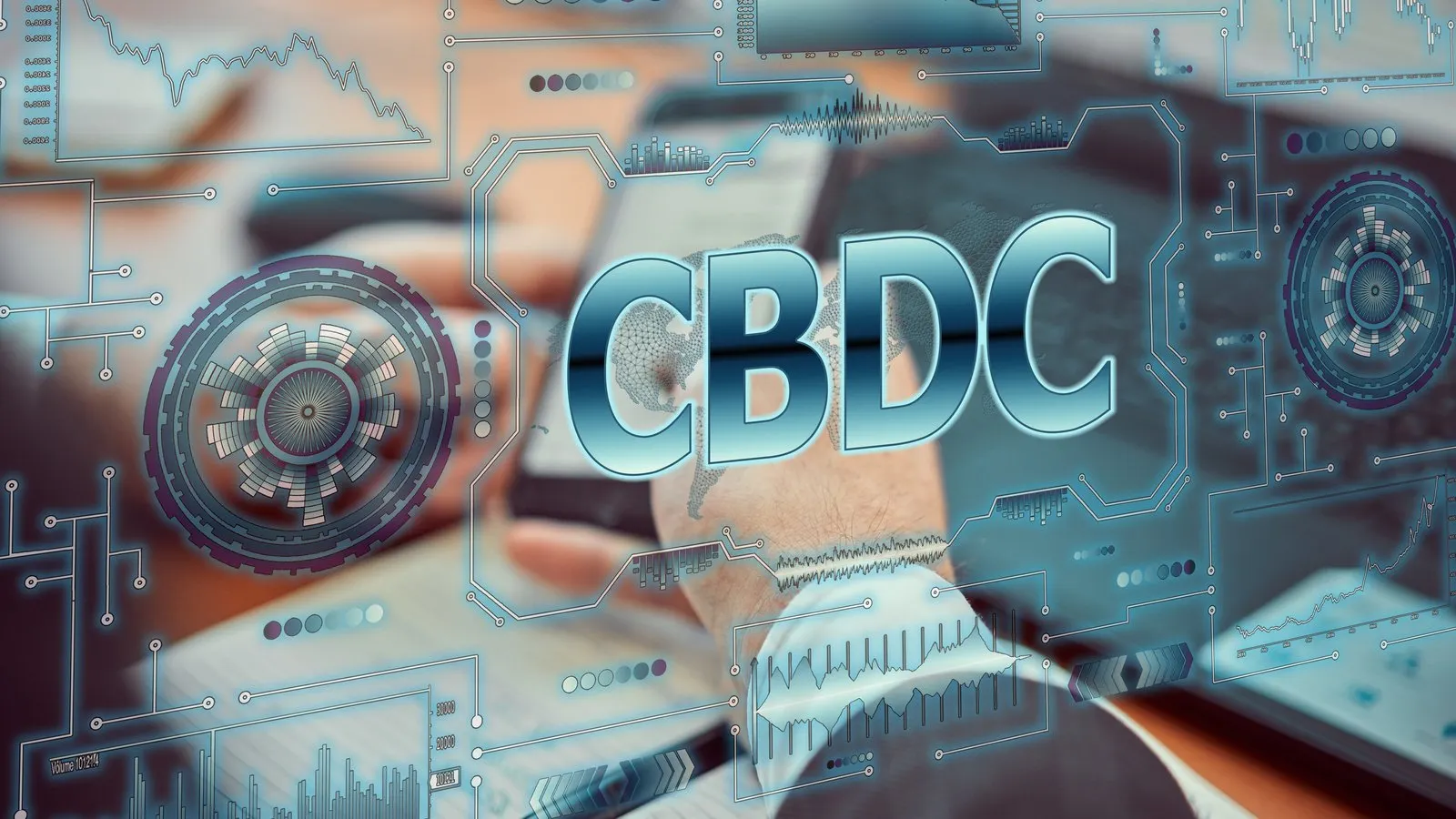We do the research, you get the alpha!
Only 16% of Americans said they favored a CBDC compared to 34% that opposed the technology’s adoption, according to the latest series of polls conducted by the Cato Institute.
The libertarian think tank headquartered in Washington, D.C., took the country’s temperature on a Central Bank Digital Currency (CBDC). Only a sliver of Americans support the notion of a digital dollar, and 49% of Americans surveyed said they had not developed a strong opinion either way.
The institute noted that only 28% of the survey’s respondents were familiar with what CBDCs are. But the technology has gained growing attention within the crypto industry and on the 2024 campaign trail.
Similar to stablecoins that are pegged to the price of a sovereign currency like the greenback, CBDCs are a tokenized alternative to cash. But instead of being issued on decentralized networks by private companies, CBDCs are maintained by their respective governments or central banks.
CBDCs have been critiqued within the crypto space for years, such as by whistleblower Edward Snowden in 2021, who called them “cryptofascist currencies” with the potential to “casually annihilate” Americans’ savings.
But the technology has also been lambasted in recent months by presidential candidates on both sides of the political aisle, like Democrat Robert F. Kennedy Jr and Republican Florida Governor Ron DeSantis, who moved to outlaw CBDCs in the Sunshine State.
Warnings against the potential dangers of CBDCs have come largely from conservatives like lawmaker Tom Emmer, who’s introduced legislation that would limit the Fed’s ability to issue a CBDC. It also appeared as a subject on the Fox News show “Tucker Carlson Tonight” in March.
The Cato Institutes survey found that 53% of respondents who identified as Republicans opposed CBDCs compared to 22% of Democrats and 27% of independent voters. And compared to other groups, Republicans were most likely to know what CBDCs are.
DeSantis’ negative stance toward a digital dollar was underscored in his recent Twitter Space with Elon Musk, where he pledged a CBDC won’t happen on his watch as president. Previously, DeSantis has said a CBDC could be used to curtail firearm purchases or limit the amount of gas someone can buy within a given amount of time.
The Fed has said that a CBDC for everyday purchases would “ideally” receive written approval from Congress and have board support from society. Yet, he has said a digital dollar for financial institutions is a separate issue.
While popularized in a partisan way, a strong majority of both Republicans and Democrats said they would oppose a CBDC if it could control when and what people spend their money on, the Cato Institute found. Another shared area of concern was the possibility that the government could have insight into people’s spending habits.
Critics like Tom Emmer have warned that CBDCs could be a tool for financial surveillance or lead to an expansion of government control, while advocates say the tool could foster greater financial inclusion. Emmer claimed earlier this month that his bill on CBDCs and the Fed has broader Democratic support than could be publicly expressed.
In terms of the most compelling reasons to support a CBDC, the Cato Institute’s survey found that a reduced risk of money laundering and fraud was popular among Democrats. For Republicans, it was the government’s ability to ensure welfare payments were being spent according to their intended purpose.
Only 22% of Americans said they would be likely to use a CBDC if it was offered to them. And, overall, the study shows that while Republicans are more likely to oppose a CBDC and know what it is, Democrats do share some concerns.
“The potential use of a CBDC in the United States is a relatively new issue, and many Americans are undecided,” the Cato Institute said. “After learning about some of the potential costs and benefits of a CBDC, Americans appear wary.”





